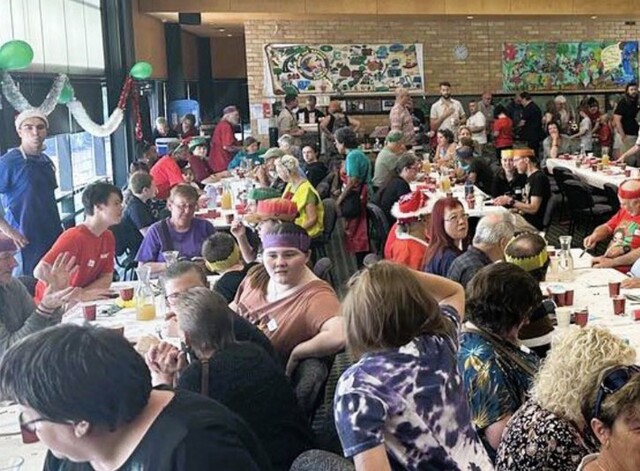This week, Christine Yunn-Yu Sun has written the second part in a series of three articles featuring the 2022 Cities of Literature Meeting hosted by Melbourne, our own UNESCO City of Literature since 2008.
As part of the 2022 Cities of Literature Network Meeting recently held in Melbourne, representatives from cities around the world agreed on one thing at the “Reader Development” Roundtable. That is, during the COVID pandemic lockdowns in the past two years, the number of active readers plummeted. In contrast, existing readers were reading more but felt reluctant to stray away from their familiar authors and genres.
Specifically, as readers favoured comfort rather than adventure, sales skyrocketed in “cozy” genres such as romance, true crime and science fiction. Still, comprehensive data from libraries, publishers and booksellers are needed in order to understand how reading behaviours. patterns and tastes have changed.
An equally urgent question is how to cultivate new readers while encouraging existing readers to “take risks”. Particularly when government funding and subsidies dwindle in an apparent effort to encourage “living with the virus”, it is critical to find innovative and sustainable ways to engage and develop new readers.
A variety of precious lessons were shared. For example, Sylvain Pothier-Lerous and Gérard Desaphy from Angoulême – the French city renowned for its reputation in the field of comics and more broadly in the image industry – explained how they worked with the Meiji University’s Yoshihiro Yonezawa Memorial Library of Manga and Subcultures in Tokyo to promote manga and connect with readers.
Andrea Edel from Heidelberg emphasised the importance of providing readers with more access and resources. In that city, reading is promoted as a way to enhance our wellbeing, not just for education or pleasure. Adult readers are targeted as role models for their children, and as initiators of much needed conversations about books and reading. “Read and talk together” can be therapeutic at home, particularly in these unusual and uncertain times.
Meanwhile, diversity, equity and inclusion matter. As Linda Johannessen from Gothenberg pointed out, 28 percent of Sweden’s population have a foreign background. With parents often speaking different languages at home, children have no real “first language”. This makes it difficult for them to “sit and read together and have that special bond”.
According to Gothenburg City of Literature website, starting in 2015, “The City Where We Read to Our Children” is a community-wide effort to raise awareness and increase knowledge of the importance of reading aloud. By reading to children, parents can help increase their vocabulary, their love of reading, and their reading skills. “Taking action early on in a child’s life will have a profound effect both for the child here and how, but also for the entire society.”
Josh Fomon from Seattle highlighted the city’s efforts to work with writers of African descent as well as writers of colour to promote inclusiveness and cultivate leadership. He also lamented the fact that earlier this year, a librarian in Texas was fired due to her refusal to remove books featuring LGBTQ people’s life experiences. It seems crucial that conversations about the importance of diversity and inclusion take place not just in libraries and bookstores but also across whole communities.







